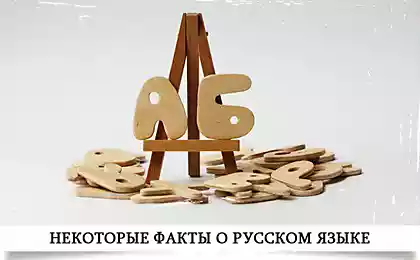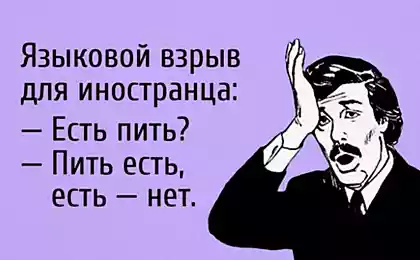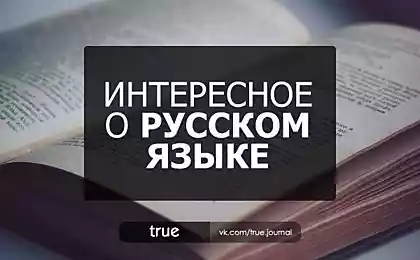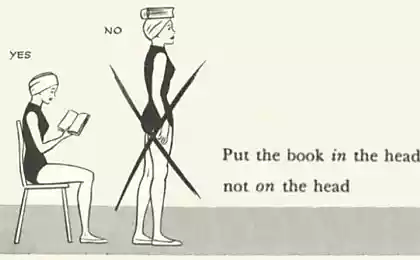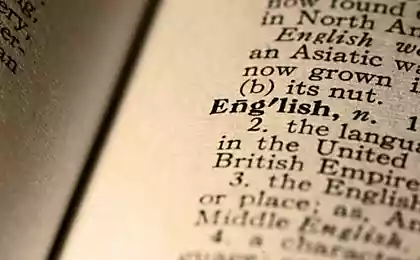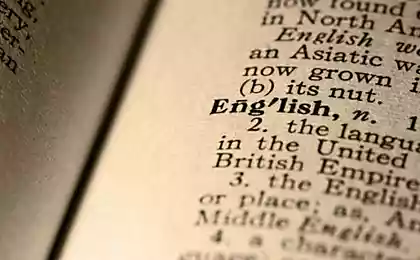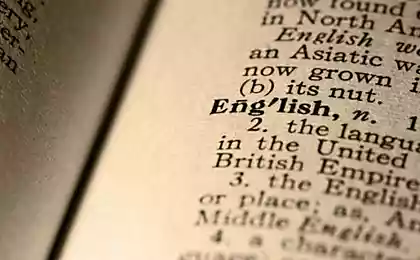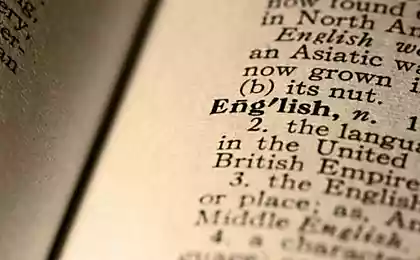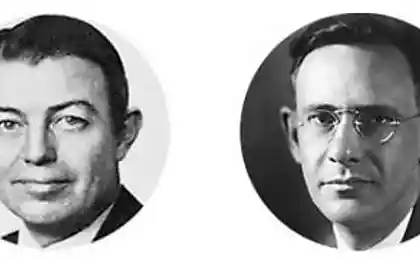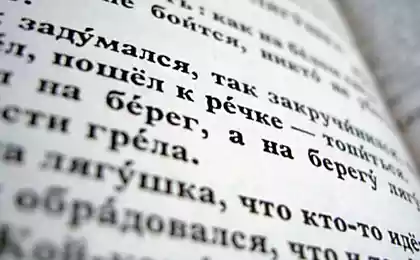1018
20 fun facts about the Russian language
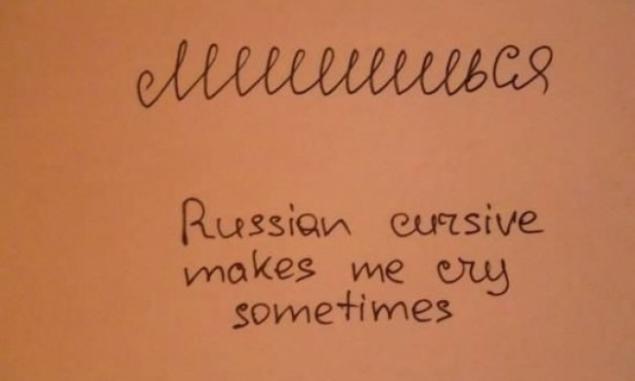
Suddenly: the word bull em> and Bee em> - the same root. Words beginning with the letter Q em>, in our language as much as 74. A Guinness Book of Records recorded the word length of 35 characters.
Website does not cease to be surprised the complexity and richness of the Russian language and is 20 entertaining and surprising facts that you probably did not know:
Most of the words with the letter P em> in Russian - borrowed. Pushkin was proud of the fact that in "The Tale of Tsar Saltan" was only one word for this letter - fleet em>. In the Russian language there are only 74 words that start with the letter Q em>. But most of us remember only the iodine em>, Yoga em> and Yoshkar-Ola em>. In Russian language has a word on the s em>. This is the name of the Russian cities and rivers: Ygyatta River, Yllymah, Ynahsyt, Ynykchansky, Ytyk-Kyuyol. Em> The only words in the Russian language with the three letters E em> in a row - it's long-necked em> (and other on - sheee: em> for example, curve em> -, short em > -). In the Russian language there is a word with a unique language-prefix to - em> - corner em>. li > The only word of the Russian language, which has no root, - remove em>. It is believed that this so-called zero word root, which is in alternation with the root - named em> - ( CON im amb em>). Earlier, about the XVII century, the verb look like vynyat em>, and there was a material root, the same as in remove, to hug, to understand em> (cf.. remove , embrace, understand em>), but then root - nya em> - has been reinterpreted as a suffix - well em> - (in stick, blow em> ). The only monosyllabic adjective in Russian - is evil em>. In the Russian language are the words unique to the language prefixes and - em> ( up, total em>) and and - em> ( random em>; Ustari. «and EIGHTH not lucky» em>), formed from the union of and em> and and em>. Word bull em> and Bee em> - the same root. In the works of the Old Russian literature the word Bee em> has been written as a bchela em>. Vowel b em> / s em> explains the origin of the two sounds from one Indo-European sound u em>. If you recall the dialect verb Butch em>, having a value of "roaring", "buzz", "buzz" and is etymologically related to the word Bee em>, bug em> and bull em>, it becomes clear, what was the total value of these words. Dahl offered to replace foreign word environment em> in the Russian kolozemitsa em> or mirokolitsa em>. Up to the XIV century in Russia all indecent words called "ridiculous verbs». The Guinness Book of Records in 1993 the longest word of the Russian language is called rentgenoelektrokardiograficheskogo em>, in the 2003 edition - prevysokomnogorassmotritelstvuyuschy em>. The grammar dictionary of the Russian language AA Zalizniak 2003 edition is the longest (in letters) a household word in the dictionary token form - this adjective private business em>. It consists of 25 letters. The longest verbs - be reexamined em>, substantsionalizirovatsya em> and internationalized em> ( All - 24 letters, word form -uyuschimisya em> and -vshis em> - 25 characters). The longest nouns - < em> misanthropy em> and Excellency em> (24 letters; wordforms -s em> - 26 letters, however, misanthropy em> is not used in virtually more. h.). The longest animate nouns - odinnadtsatiklassnitsa em> and manageress em> (21 letter word forms -s em> - to 23 letters). The longest adverb, fixed vocabulary, - not satisfactory em> (19 letters). However, we must bear in mind that the vast majority of qualitative adjectives in the th em> / matched em> formed called by -o em> / th < / em>, is not always recorded by the dictionary. The longest interjection included in the Grammar Dictionary, - FizKult hi em> (15 or 14 letters Depending on the status of the hyphen). The word respectively em> is the longest pretext. It consists of 14 letters. The longest particle only em> - the letter short. In the Russian language is the so-called defective verb. Sometimes the verb do not have any form, and this is due to the laws of euphony. For example: defeat em>. He will win em>, you win, I em> ... Victory em>? will run em>? defeated em>? Philologists suggest the use of substitute construction «I'll win» em> or «become the winner» em>. Because the shape of the 1st person singular, not the verb is "insufficient». The English for successful mastering the difficult phrase "I love you" are mnemonics «yellow-blue bus».
See also 10 myths about Russian language
Words that surprise foreigners
20 words, which you did not know
via www.adme.ru/vdohnovenie-919705/20-slov-o-kotoryh-vy-ne-znali-467605/


